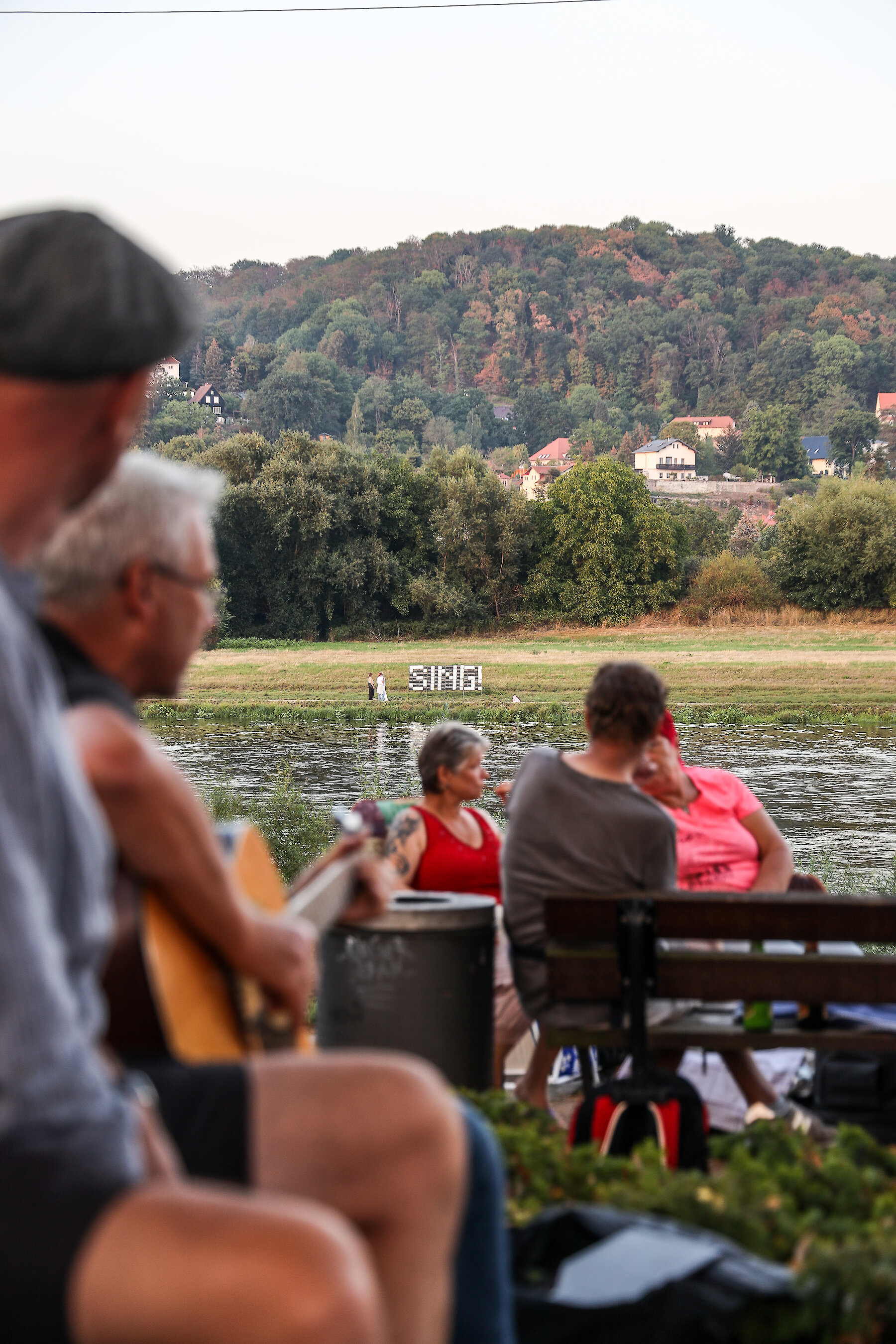Nanotourism
Exploring the vicinity
Nanotourism
Exploring the vicinity
Tourism faces radical changes because of the current global pandemic. Tourism, pre-pandemic, was one of the fastest growing global industries despite its many questionable impacts, The new reality gives us an opportunity to rethink how we visit places and experience our home environments, in meaningful and profound ways.
Within the framework of a case study and in close cooperation with the destination management organization Dresden Marketing Board, the project explores the cultural and social characteristics in the old village centres of the districts Loschwitz, Laubegast and Leuben, which are located around the "Kunstgewerbemuseum Dresden".
Through experimental and participatory approach the project aims to develop a 1:1 scale conceptual, locally-specific interventions in the form of events, built installations, or strategies which will stimulate the Kunstgewerbemuseum and the local stakeholders to imagine and implement future collaborative narratives of responsible tourism.
The AA nanotourism Visiting School is an experimental educational program which is part of the Visiting School program of the Architectural Association School of Architecture in London. Its focus lies in the research and development of nanotourism, a creative critique of the current environmental, social and economic downsides of conventional tourism which operates as a site-specific, participatory, locally-oriented, bottom-up alternative.
The program develops nanotourism case studies in close collaboration with local stakeholders and seeks to reveal hidden aspects of a particular context by establishing new synergies between the specificities of the place, its users, and locally available materials.











